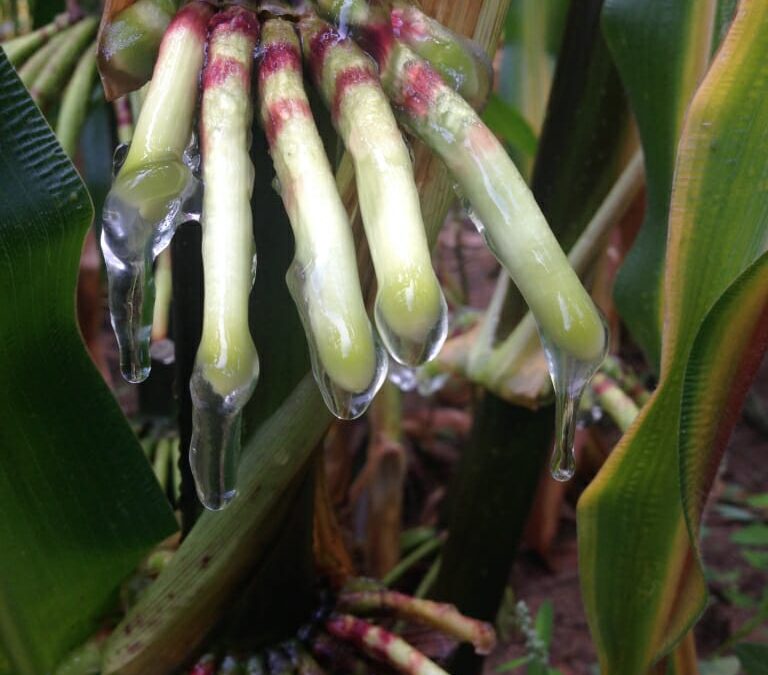
by Doug Mayo | Oct 5, 2018
This week’s featured video was published by the University of California – Davis to share the results of a remarkable scientific discovery. Researchers from UC Davis, the University of Wisconsin–Madison, and Mars, Incorporated have identified a native...
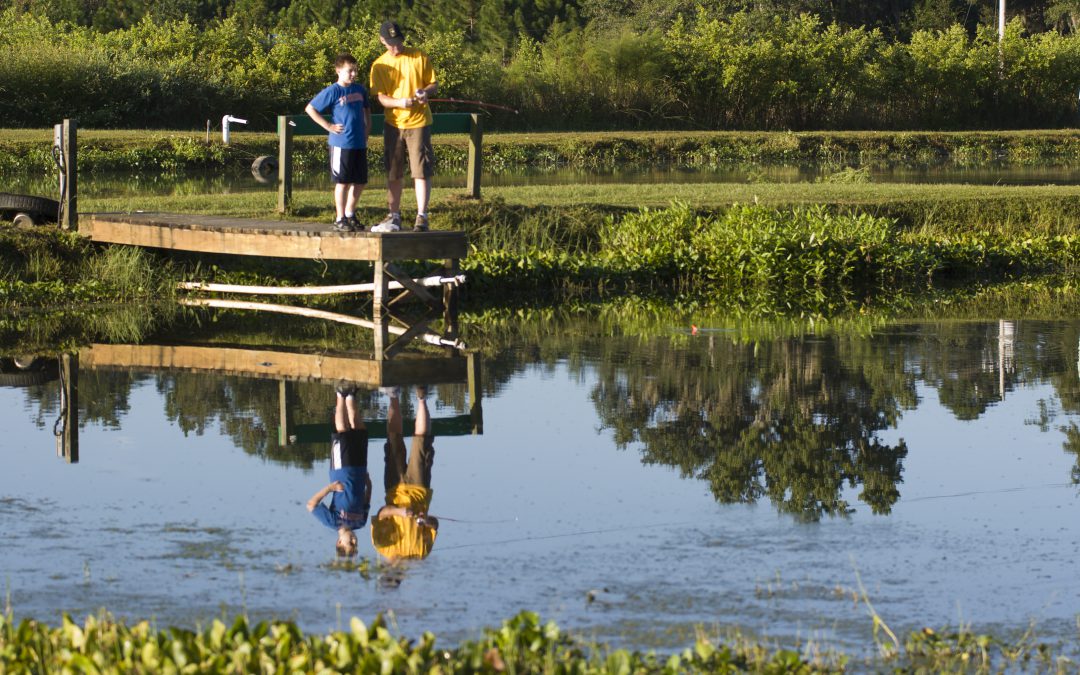
by Judy Biss | Sep 21, 2018
Farm ponds of all shapes and sizes are common in rural Northwest Florida. They are built for a number of reasons such as irrigation, water management, boating, fishing, wildlife viewing, livestock watering, and food production. Each of these uses guides the way the...
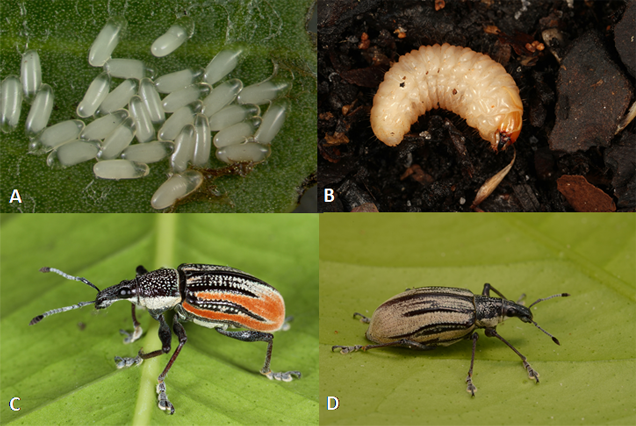
by Russ Mizell | Sep 14, 2018
Russ Mizell and Xavior Martini, UF/IFAS Entomologists, NFREC, Quincy Citrus production in North Florida is expanding rapidly in response to the devastation of citrus in Central and South Florida due to citrus greening disease. Citrus acreage in southern Georgia is...
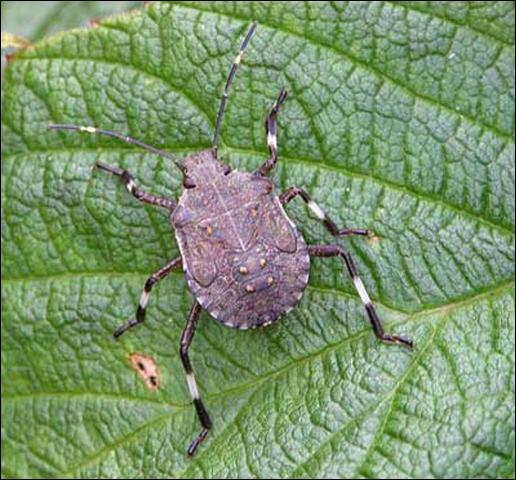
by Matt Lollar | Sep 14, 2018
A few weeks ago I was lucky enough to attend North Carolina State’s Tomato Field Day, at the Mountain Horticultural Crops Research and Extension Center in Mills River, NC. Every summer crowds flock from all over the Southeast to learn what’s new in the world of...
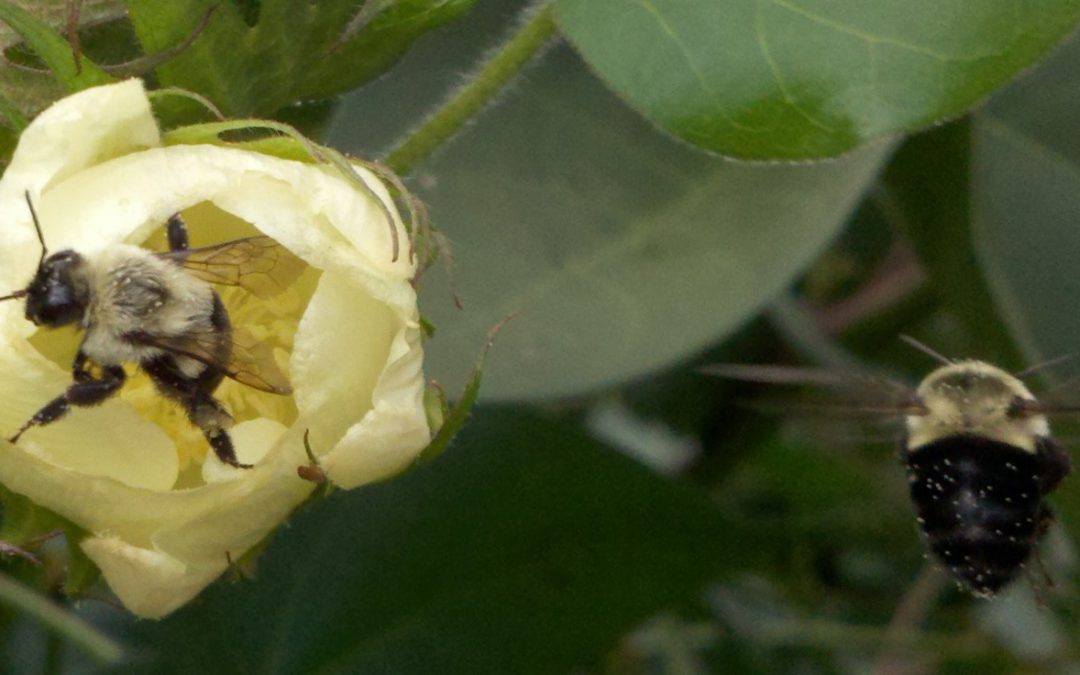
by Judy Biss | Sep 14, 2018
Bumble bees are among the most recognizable of insects. They are large, colorful, and a wonder to watch. They’re also popularized in media, cartoons, and clip-art images, but beyond the popular images, bumble bees are worthy of our attention as important pollinators...
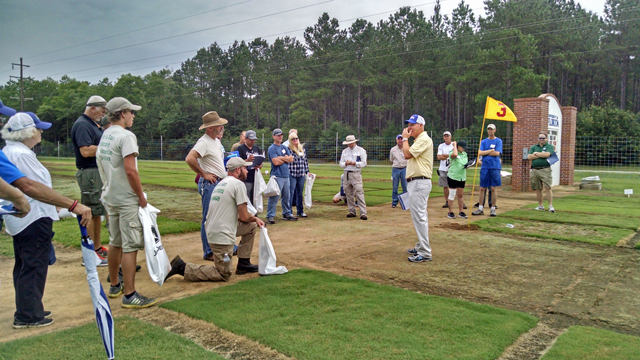
by Bryan Unruh | Sep 7, 2018
Bryan Unruh, UF/IFAS Turfgrass Specialist, WFREC Urban landscapes, golf courses, and sports venues provide many functional, recreational, and aesthetic benefits. Key functional benefits of turfgrass include soil erosion control, carbon sequestration, ground water...







